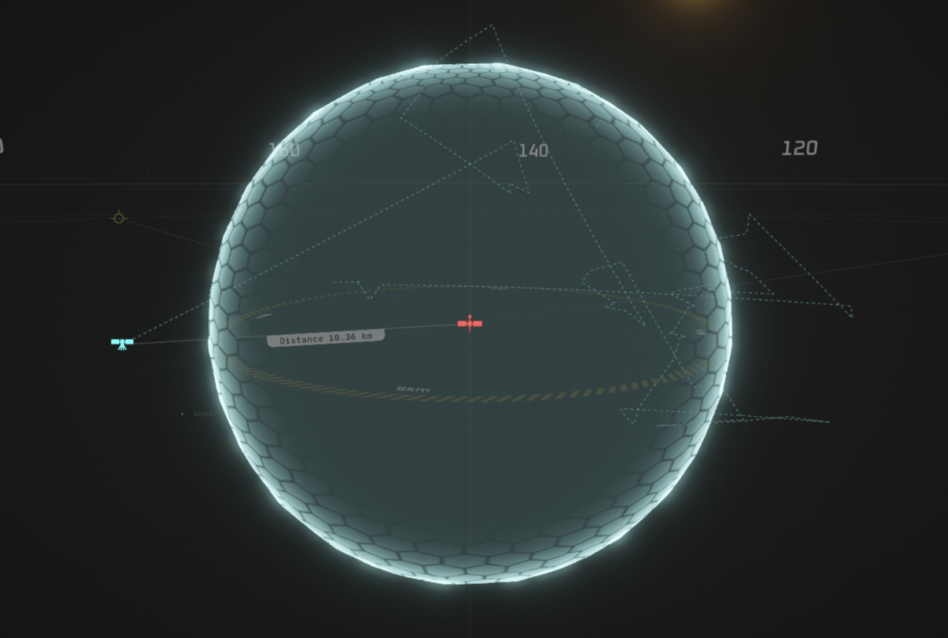Space security startup True Anomaly debuted its on-orbit and digital range services today, offering customers new options for testing and training.
These applications are designed to provide DoD with a controlled training environment for detecting threats, practicing new tactics in orbit, and test space security missions.
“Each military service needs a dedicated test and training range to prepare for real-world scenarios,” True Anomaly chief Even Rogers said in a statement.
True Anomaly 101: True Anomaly came out of stealth in April, announcing it had raised a total of $30M in funding. The Colorado-based startup develops spacecraft and situational awareness software to protect space assets.
Testing range: The defense-tech startup plans to launch its first two autonomous orbital vehicles (nicknamed Jackal) in February aboard SpaceX’s Transporter-10, which will enable its two new testing platforms.
- On-orbit range: Users will use Jackal to support on-orbit range training solutions.
- Digital range: Operators can engage with simulated assets, exercises, and scenarios in a virtual Jackal environment.
Bottom line: The rising volume of national security payloads and the emergence of space as a strategic national interest domain—especially given the rapid ascent of China’s space capabilities and a growing space program in North Korea—has triggered demand for space asset protection.
What it’s not: True Anomaly is not deploying weapons in space. The products are for recon and training purposes.





